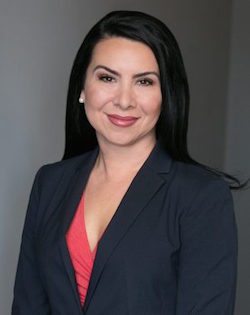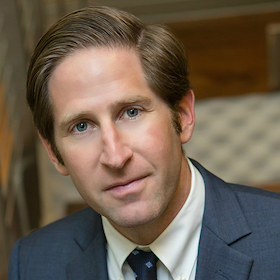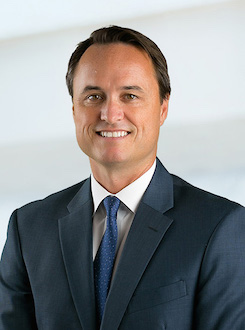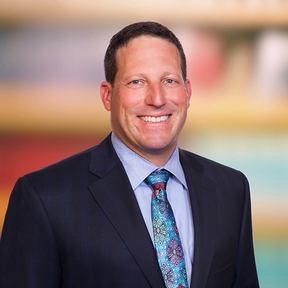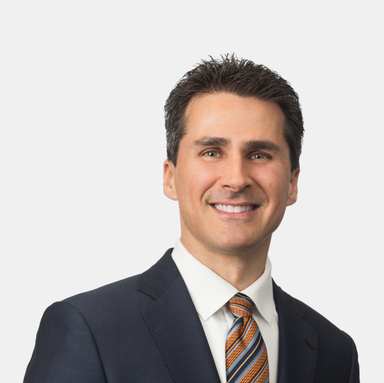Micha Star Liberty is our Latest Featured Speaker!
Our latest featured speaker is Micha Star Liberty from Liberty Law!
Micha will be speaking at our upcoming 15th Annual Federal Court Boot Camp: The Nuts and Bolts seminar in San Francisco on May 17th. This is the first time that Micha will be speaking for us, and we’re so excited to have her insight!
Micha is the owner of the Liberty Law Office — a diverse legal practice primarily representing individuals who have suffered a serious injury or abuse, including child sexual abuse. The firm also represents employees who have been harassed or discriminated against in the workplace. Micha has also assisted businesses with finding a common ground when releasing an employee on best terms.
Ms. Liberty is a frequent lecturer and published author, focusing much of her public speaking on trial practice, discovery techniques, the importance of mentoring, and best practices for opening a law office and law office management.
In 2015, the Consumer Attorneys of California — an organization made up of more than 3,000 lawyers in California alone — presented her with the Street Fighter of the Year award at their 54th annual convention held at The Palace in San Francisco. Ms. Liberty was granted the award after holding the Contra Costa County School District accountable for a child sexual molestation case in which school officials were aware of the abuse and took no action.
Every year since 2005, she’s been given the Presidential Award of Merit. In 2005 and 2006 she was presented the Defender of Justice Award and the Outstanding Service Award, respectively. In 2018, she was awarded the Women’s Advocate of the Year Award for her hard work on legislation and for prosecuting numerous cases in the #metoo era.
Ms. Liberty was a contributing author and editor for the following practice guides: California Client Communications Manual, and California Basic Practice Handbook, both published by Continuing Education of the Bar.
Aside from her thriving law practice, she is a certified mediator with over 40 hours of training, and she has performed private mediations as well as mediations for the Contra Costa Superior Court.
Ms. Liberty has worked at the White House and for two Members of Congress: for U.S. Representative Mel Watt, from North Carolina, and for U.S. Representative Anna Eshoo. She has also served as a judicial extern to Senior United States District Court Judge Thelton E. Henderson. While in law school, she served as a Moot Court Board member, teaching assistant, and an editor for the Women’s Law Journal.
In addition to her work on behalf of injured and aggrieved people, Ms. Liberty is active in her legal and political communities. She served as the President of the Alameda-Contra Costa County Trial Lawyers Association, and was Vice President of the State Bar of California. She is also on the governing boards of several professional legal organizations.

